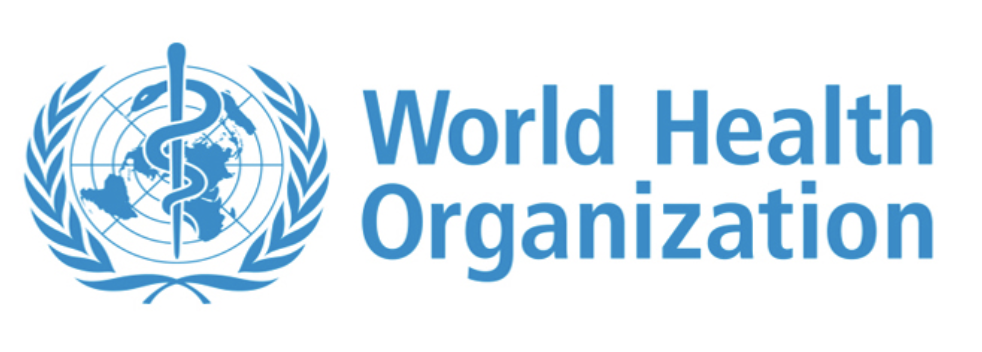WHO Director−General’s remarks at the press conference with President of the European Council to discuss the proposal for an international pandemic treaty

Good morning, good afternoon and good evening,
It is a pleasure to be joined today by my friend Charles Michel, President of the European Council.
President Michel has championed the call for an international treaty to make the world better prepared to respond to pandemics and health crises.
Thank you so much, President Michel.
This powerful idea, of a treaty rooted in WHO, has resulted in the joint statement issued today and published in major newspapers around the world and in multiple languages, which has been signed, so far, by twenty-five heads of state and heads of government. They represent a diversity of countries, from north and south, east and west.
It is now 425 days since I declared COVID-19 a global health emergency.
In that time, the COVID-19 pandemic has brought out the best and worst in humanity.
We have seen acts of incredible courage from health workers, and from communities around the world, on a daily basis.
But the pandemic has also thrived amid the inequalities in our societies, the geopolitical fault lines in our world, and the frayed trust in our public institutions.
It has exposed the gaps in national, regional and global preparedness and response systems, but also allowed us to identify opportunities to strengthen the international health architecture.
The time to act is now. The world cannot afford to wait until the pandemic is over to start planning for the next one. We must not allow the memories of this crisis to fade and go back to business as usual.
The impacts on our societies, economies and health, especially for the poor and the most vulnerable, are too significant. We cannot do things the way we have done them before and expect a different result. We must act boldy.
Without an internationally coordinated, all-of-government, all-of-society, One Health approach to pandemic preparedness and response, we remain vulnerable.
It has shown how much we need a universal commitment to basic public health principles as the foundation for our work to prevent, detect and respond to epidemic and pandemic threats.
The idea behind the proposal for such as treaty is to systematically tackle the gaps exposed by COVID-19.
The world has come together as never before to take on this crisis. Now, we must leverage the new opportunities for global cooperation and innovation.
This treaty would strengthen the implementation of the International Health Regulations, and critically, it would also provide a framework for international cooperation and solidarity.
The key issues it would address could include building resilience to pandemics and other global health emergencies, with robust national and global preparedness systems;
ensuring timely and equitable access to pandemic countermeasures, including vaccines;
supporting sustainable funding and capacity for prevention, detection, and responses to outbreaks;
and promote mutual trust.
The treaty, which could be taken forward by the World Health Assembly, would be based on the WHO Constitution, including the principles of health for all, and non-discrimination.
Ultimately, of course, how such a treaty is developed and what it looks like, and whether it is ratified, is a matter for our Member States – the nations of the world.
We must leave a legacy for our children: a safer world for all.
Now, I am pleased to give the floor to my good friend, President Charles Michel.
I thank you.





